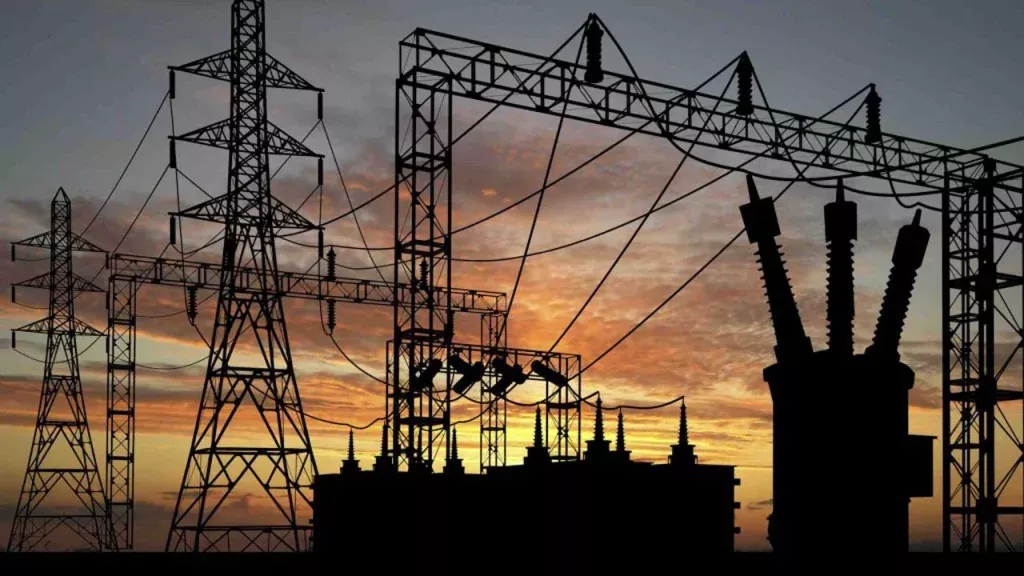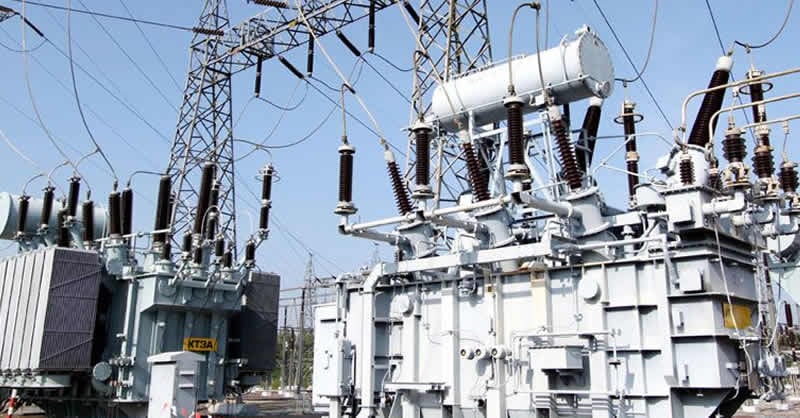The “reduce, reuse, recycle” mantra has been a cornerstone of environmentalism for over 50 years. However, critics argue that this individualistic approach has been promoted by corporate public relations campaigns to shift attention away from the main actors responsible for ecological destruction. Research suggests that individual emissions account for less than 20% of total emissions, with the majority coming from industrial systems and infrastructure.
The Intergovernmental Panel on Climate Change has emphasized the need for rapid and far-reaching transitions across all sectors and systems to achieve deep and sustained emissions reductions. In response, some experts are advocating for a new set of principles: Regulation, Redistribution, and Reparations. These focus on addressing the structural and economic factors driving ecological crises, rather than solely relying on individual actions.
Regulation involves putting in place strong, enforceable rules to rein in destructive industries and hold elites accountable. Despite decades of voluntary corporate pledges, most businesses are far off track in reducing their greenhouse gas emissions. Redistribution aims to shift wealth and resources away from wealthy and destructive industries towards a more socially and ecologically just future. This can be achieved through progressive taxation, divestment from fossil fuels, and reinvestment in community-led projects.
Reparations recognize that the current ecological crisis is rooted in centuries of colonial extraction and exploitation. Africa, the continent least responsible for the climate crisis, experiences countless climate disasters. Reparations should involve debt cancellation, technology transfer, and climate finance from wealthy polluting nations, as well as rebuilding relationships, communities, and ecosystems damaged by colonialism and environmental racism.
Experts argue that individual actions, such as recycling and green consumerism, are insufficient to achieve zero emissions. For example, during the 2020 COVID-19 lockdowns, global emissions fell by only 8%, despite a significant reduction in economic activity. This highlights the need for structural change, rather than relying solely on individual actions. By focusing on Regulation, Redistribution, and Reparations, societies can address the root causes of ecological crises and work towards a more socially and ecologically just future.



